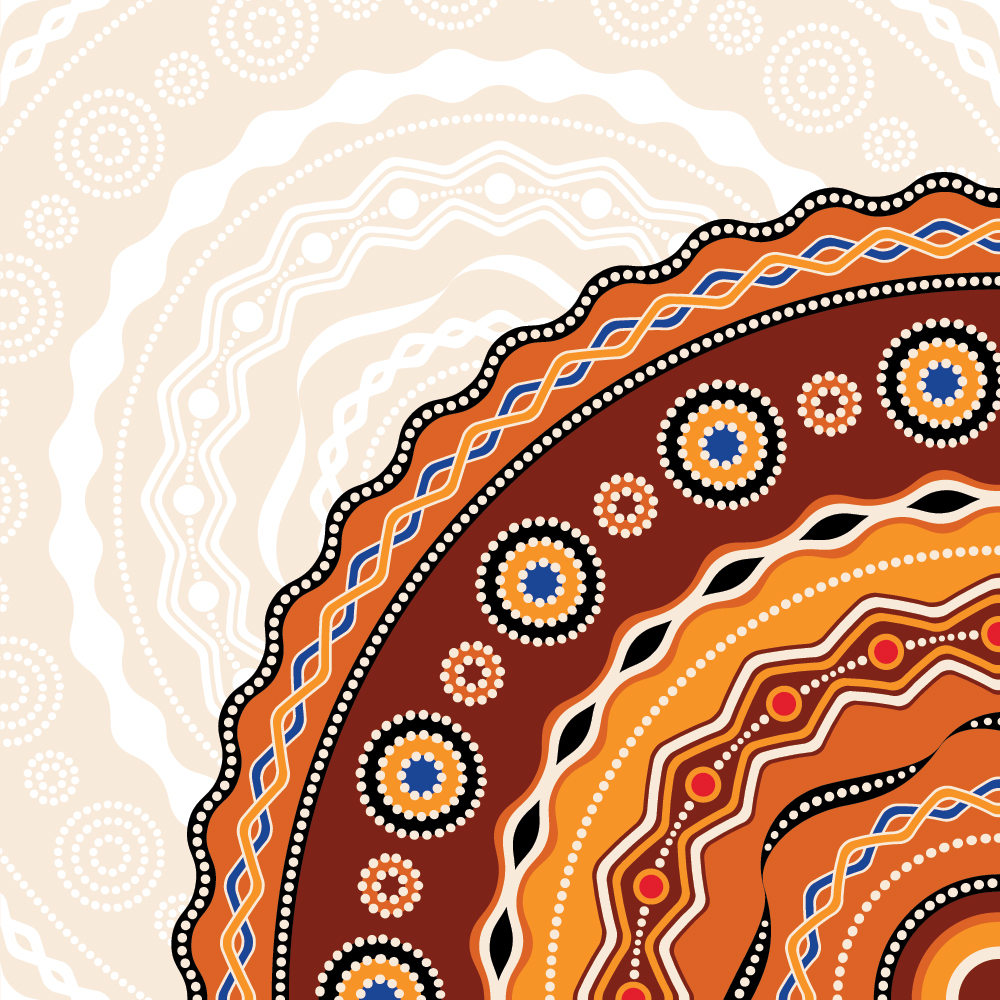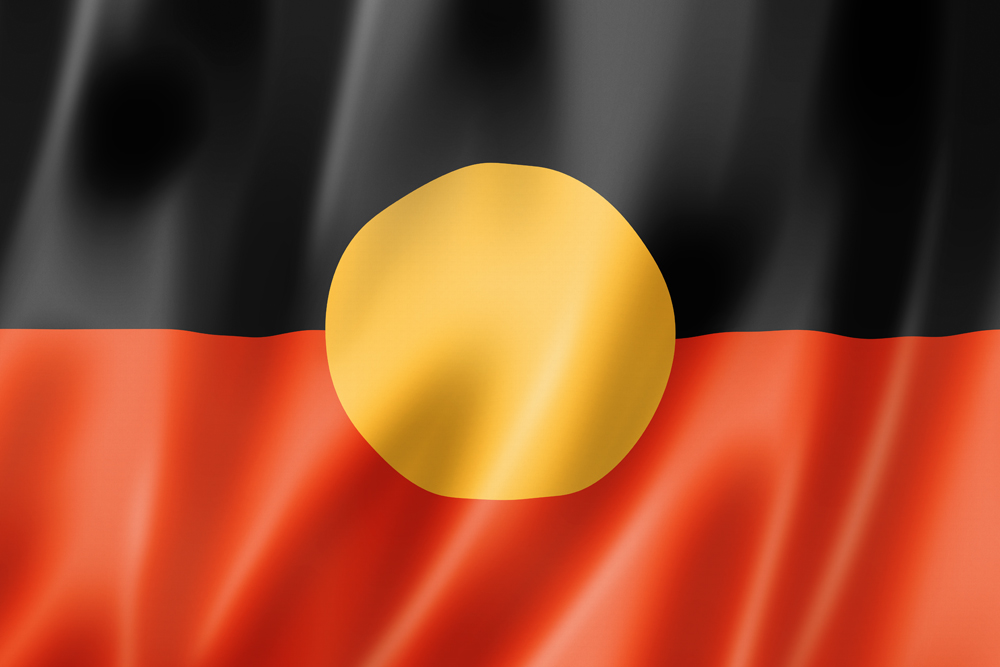Cultural Protocol Suggestions for PTPA Members

What are cultural protocols
Cultural protocols are customs, values and guidelines for particular cultural groups and exist as standards of behaviour used by people to show respect to one another. Protocols guide the observance of traditional knowledge and practices and are ethical principles which provide a framework, and guide behaviour for, working with people from different backgrounds, such as Aboriginal and Torres Strait Islander Peoples, in a respectful manner. This requires an understanding of their perspective and values.
Why do we need cultural protocols?
Why are they important? As the world’s oldest known civilisation and Australia’s first peoples, Aboriginal and Torres Strait Islander people are the traditional custodians of the land. It is our responsibility to recognise and integrate their history and traditions into official protocols to promote not only increase knowledge, understanding and respect for, but to build a better, stronger and more meaningful relationships between Aboriginal and Torres Strait Islander people and the non-indigenous Australian community. Play Therapy Practitioners Association recognise the significance of ensuring all members are demonstrating our respect and commitment to cultural protocols in our members’ daily engagement with clients, and the following information below is provided to support our members in this practice.
Welcome to Country
Protocols for welcoming visitors to Country have always been a part of Aboriginal and Torres Strait Islander cultures. Boundaries were clear and crossing into another group’s Country required a request for permission to enter.
When permission was granted the hosting group would welcome the visitors, offering them safe passage and protection of their spiritual being during the journey. Visitors had to respect the protocols and rules of the landowner group while on their Country.
Today, while these protocols have been adapted to contemporary circumstances, the essential elements remain welcoming visitors and respect for Country.
Welcome to Country is delivered by Traditional Owners, or Aboriginal and Torres Strait Islander peoples who have been given permission from Traditional Owners to welcome visitors to their Country. Your local Aboriginal Land Council or Native Title representative body can advise on organising a Welcome to Country by a Traditional Owner in your area.
Welcome to Country occurs at the beginning of a formal event and can take many forms including singing, dancing, smoking ceremonies, and/or a speech. -Reconciliation Australia


Acknowledgement of Country
An Acknowledgement of Country is an opportunity for anyone to show respect for Traditional Owners and the continuing connection of Aboriginal and Torres Strait Islander peoples to Country. An Acknowledgement of Country can be offered by any person and like a Welcome to Country, is given at the beginning of a meeting, speech or event. There is no specific wording for an Acknowledgement of Country, just be sincere and, if possible, do some research on the Country you are acknowledging. Suggested wording could include:
I’d like to begin by acknowledging the Traditional Owners of the land on which we meet today. I would also like to pay my respects to Elders past and present.
or
I’d like to begin by acknowledging the Traditional Owners of the land on which we meet today, the (people) of the (nation) and pay my respects to Elders past and present.
Acknowledgement of Country can be adapted and expanded to reflect different contexts. For example, an author might acknowledge that Aboriginal and Torres Strait Islander peoples are the land’s first storytellers; or a meeting of scientists might Acknowledge the contributions and sophistication of First Nations knowledges.
The AIATSIS Map of Indigenous Australia provides further information on Traditional Custodians.
Play Therapy Practitioners acknowledge the wisdom and knowledge of Aboriginal and Torres Strait Islander peoples, the world’s oldest living civilisation, for the use of creative expression through play, art and sand to share stories and experiences.

Acknowledging Country online and at home
There are many different ways to Acknowledge and respect Country virtually, including on social media, from your home, or at your school.
Some suggestions for respecting Country virtually include:
At Home
- Record your Acknowledgement of Country via video
- Take a photo of you, friends, or family with the name of the Traditional Owners, or a sign of Acknowledgement
- Make chalk art or signs on your driveway and upload photos or video.
At Work
- Record a video message at your workplace or a create a photo Acknowledgement
- Ask and encourage your colleagues to take part to create a collage or compilation
- If working remotely, host a zoom meeting with colleagues and ask everyone to hold a sign Acknowledging the Land they are working/living on, or add that detail into chat.
At School
- Create paintings, drawings or signs with your students and upload photos or video
- Create video messages or photos and encourage teachers and staff to get involved.

Why Acknowledging Country is important
Aboriginal and Torres Strait Islander peoples have experienced a long history of exclusion from Australian history books, the Australian flag, the Australian anthem and for many years, Australian democracy.
This history of dispossession and colonisation lies at the heart of the disparity between Aboriginal and Torres Strait Islander and other Australians today.
Including recognition of Aboriginal and Torres Strait Islander peoples in events, meetings and national symbols contributes to ending the exclusion that has been so damaging. Incorporating welcoming and acknowledgement protocols into official meetings and events recognises Aboriginal and Torres Strait Islander peoples as the Traditional Owners of land and shows respect.
–Reconciliation Australia
Acknowledging Country and elders is a sign of respect and an acknowledgement of the history and thriving culture of Australia’s first people. By upholding and continuing this tradition we not only demonstrate respect, but positively contribute to the healing and reconciliation between Aboriginal and non-Aboriginal Australians.

Smoking Ceremonies
A smoking ceremony is an ancient custom among some Aboriginal tribes that involves smouldering various native plants to produce smoke which has cleansing properties and the ability to ward off bad spirits and are still performed today. They are also used in the context of healing, spiritual renewal and strengthening by some Aboriginal healing practitioners. This ceremony is a ritual of purification and unity and is undertaken by an Aboriginal person with specialised cultural knowledge. Given the significant nature of the ceremony, it is usually only performed at events regarded as appropriate by the Aboriginal community.

Fees for Cultural Services
In providing cultural services such as ‘Welcome to Country,’ artistic performances and ceremonies, it is important to acknowledge that Aboriginal and Torres Strait Islander people are using their own time and intellectual property. For this reason, it is appropriate that people are offered payment and appropriate remuneration for their services. Appropriate payment and remuneration should be negotiated, considering speaker fees, travel to and from the event as well as the public profile nature of the event.

Questions to consider in following cultural protocols:
- Do you begin meetings with an Acknowledgment of the Traditional Custodians?
- Do you ask Elders from the local Aboriginal community to conduct a Welcome to Country to begin any ceremony to mark the opening of premises, new programs or major events and do you provide payment for the local Aboriginal community to perform this ceremony for your organisation?
- If unsure about whether you are following the correct protocols, do you ask for advice from an Aboriginal person?
- Are you aware when working with Aboriginal communities/organisations that creating relationships and partnerships takes time?
- Do you provide a fee-for-service when seeking cultural advice/support from Elders and Aboriginal community-controlled organisations?
Help promote and keep these protocols alive by:
- seeking opportunities to demonstrate cultural awareness and respect in your workplace, virtually and through your marketing e.g.,
– purchasing and displaying the Aboriginal and Torres Strait Islander flags (Aboriginal/TSI/Australian Flag Desk Set (kullillaart.com.au))
– inclusion of culturally appropriate resources in playrooms and waiting rooms e.g., aboriginal baby dolls, Australian stuffed animals and or puppets, resources from nature for use in sand trays or general play sequences e.g., leaves, sticks, stones
– displaying an Acknowledgement of Country in your office space
– use of culturally appropriate material in media and marketing
– where appropriate, use of local language on signage e.g., Yura (welcome) to Centre for Play Therapy Capalaba
– purchase, display and promote local indigenous artists - raising awareness within your company/business/network by suggesting and supporting cultural awareness training opportunities;
- attending events, discussions or webinars focusing on Aboriginal and Torres Strait Islander issues e.g., NAIDOC, NRW, Sorry Day etc.;
- supporting Play Therapy Practitioners Association’s Reconciliation Action Plan;
- developing your own company/organisational Reconciliation Action Plan;
- taking responsibility for building awareness of Aboriginal and Torres Strait Islander culture and issues, acknowledging the impact of past policy and practice, and using appropriate language to promote good communication;
- creating identified positions for Aboriginal and Torres Strait Islander peoples in your company/ organisation;
- consulting with Aboriginal and Torres Strait Islander colleagues or individuals in your network to ensure your resources are culturally appropriate and whenever you are uncertain of how to accord cultural respect;
- thinking of ways you can engage with Aboriginal and Torres Strait Islander people outside of the workplace — for example: through your local reconciliation action group, by disseminating information from your workplace to other organisations in your networks.
Recommended References
- Reconciliation Australia Website www.reconciliation.org.au
- Cultural Protocols, SNAICC – Secretariat of National Aboriginal and Islander Child Care
- Aboriginal Cultural Protocols, Macquarie University
- Aboriginal and Torres Strait Islander Protocols, Oxfam Australia



